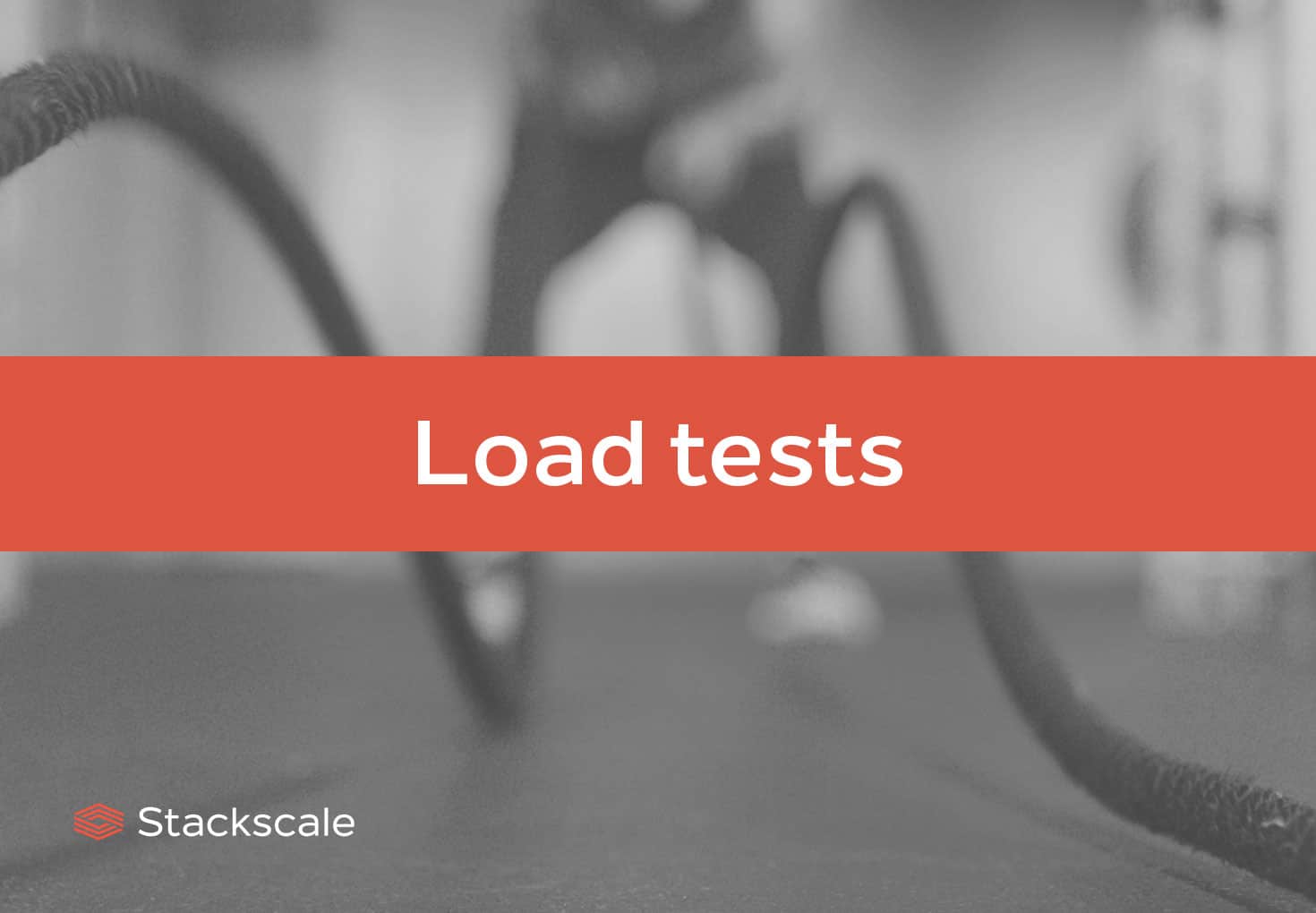In computing, load testing is a type of performance test used to simulate concurrent user visits and interactions in an environment or site to verify whether it can handle both expected and high load conditions.
Load tests help determine maximum operating capacity as well as bottlenecks or issues that might be causing a degradation of the Quality of Service (QoS). So, it is a particularly important kind of test when services are subject to a Service Level Agreement (SLA), as it helps identify the causes for slow performance.
Load tests
Load tests focus on identifying bottlenecks when facing both expected and peak loads in order to minimize downtime. By applying loads to an application or environment, it is possible to understand how it behaves under a specific load. This helps determine normal performance metrics as well as the response times of business critical operations. So, it is helpful to assess whether system performance meets user requirements and SLA compliance.
This kind of performance test is not only used to simulate visits and interactions to verify the load conditions an environment or site can handle. It is also commonly used as a migration test to ensure a successful migration to the cloud with no impact on the service, or the minimum impact possible.
Moreover, conducting load tests is essential to be prepared for sales-heavy campaigns such as Black Friday. As it is key to ensure your company’s IT infrastructure can handle thousands or even millions of concurrent users without suffering downtime or virtual queues. On this matter, let’s remember that load testing must not be mixed up with stress testing.
Although both types of performance testing are very similar, load and stress tests are intended for different purposes. While load testing focuses on identifying bottlenecks and normal performance metrics, stress testing is more focused on determining hardware and software limits.
Why is it advisable to conduct load tests?
To sum up, conducting load tests is recommended in order to:
- Identify maximum operating capacity.
- Determine normal performance metrics and response times.
- Verify an environment or site can handle expected and peak load conditions.
- Identify bottlenecks to minimize downtime in case of facing unexpected loads.
- Reduce costs by identifying issues at early stages.
- Ensure services deliver the established availability and response times.
As well as for being prepared to deal with spikes in traffic during sales-heavy seasons or ensuring minimum or no impact on a service during a migration to the cloud.
Does your company need to improve performance and QoS?
Do not hesitate to contact our system administration experts to boost the performance and reliability of your company infrastructure and systems.





